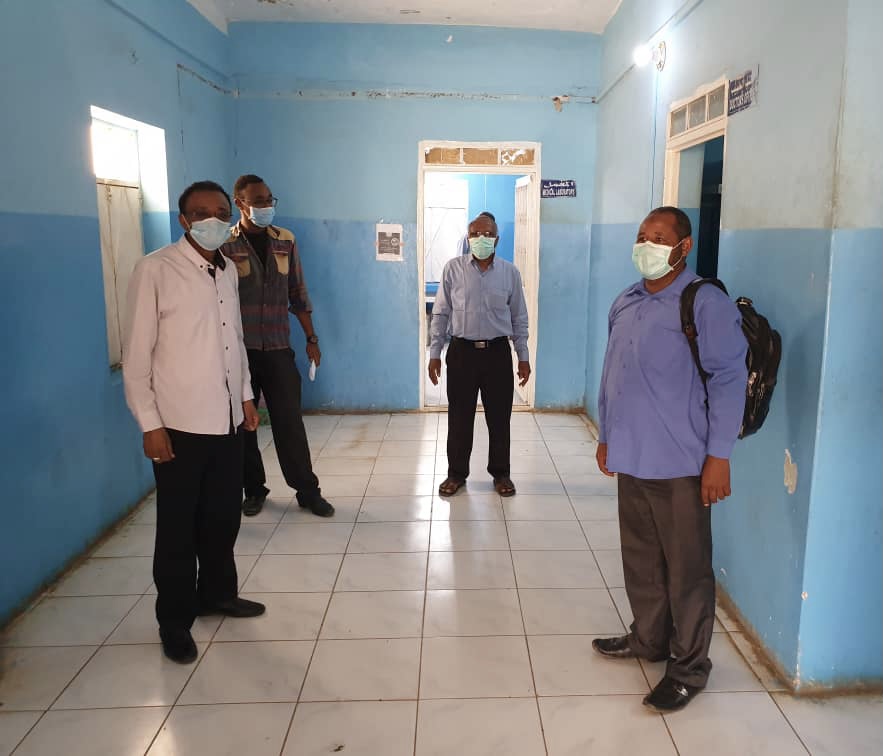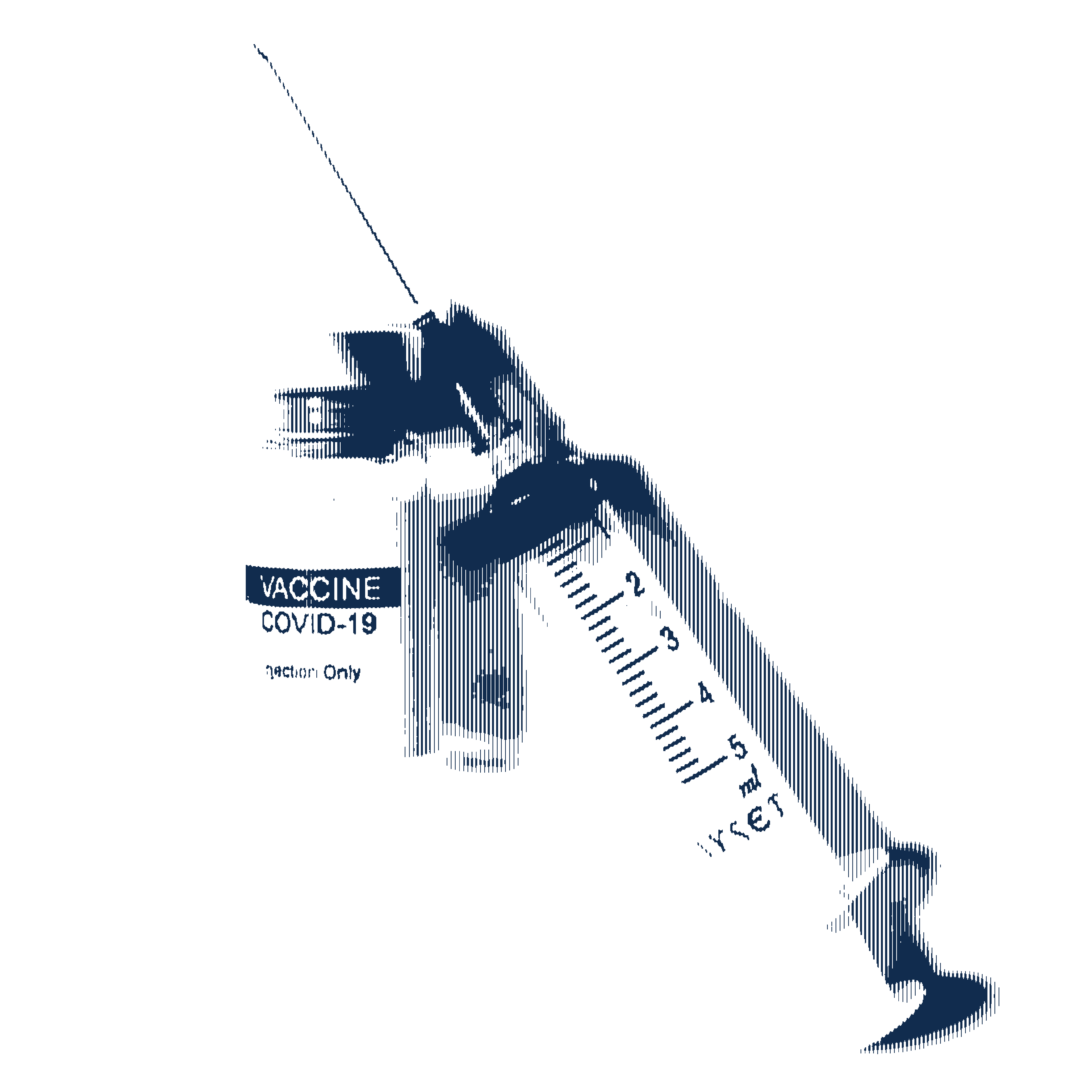
Neglected tropical diseases (NTDs) are named so for a reason: although more than 1 billion people are at risk of infection each year, the diseases are historically under-researched and under-funded. Some scientists, including Ahmed Musa in Sudan, prioritize helping the world’s most vulnerable populations and dedicate their careers to advancing treatments for NTDs. Musa recognizes that NTDs most often affect people living in poverty. “These people need to be helped [to] the maximum,” he said, speaking of his patients suffering from visceral leishmaniasis, a life-threatening parasitic disease.
Musa is a physician by training and researcher of tropical medicine and infectious diseases at the University of Khartoum, leading multiple clinical trials for NTDs in sub-Saharan Africa. He hopes that his clinical trials may pave the way for new drugs to treat life-threatening diseases: drugs that are more effective, more accessible, and have fewer side effects than the current, outdated treatments for the diseases Musa studies.
I was struck by how dedicated Musa has remained to his work throughout the past year, even as the pandemic has drastically impacted nearly every aspect of his research.
With a pandemic that grips the entire world’s attention, other health crises are taking a back seat to the coronavirus. Neglected diseases affecting the poorest regions of the world are becoming even further neglected as resources are stretched thin. In talking with Musa, it became evident to me that much-needed progress on NTDs has been stalled due to the pandemic.
“Before COVID-19, life was so easy,” he told me. He had little trouble recruiting patients for clinical trials: “The cost of living is not very high, the cost of transport is not high… we did not face any problems even working in the countryside.”
But once the pandemic hit, clinics became difficult to access. A shutdown of transportation in Sudan restricted movement between provinces, rendering patients unable to travel to treatment sites. Even when transportation was available, Musa said, patients “delayed coming to the site for so many weeks,” and their illnesses progressed to the point where they were too sick to participate in the clinical trials. It would have been easy for Musa to pause his studies due to challenges in recruitment and follow up, but the clinical trials and treatment centers never shut down. He said, “If we are only [treating] one patient, then we have to continue.”
Managing unexpected costs has been Musa’s biggest challenge during the pandemic. His team—who sometimes needed to travel over six hours by car to reach countryside clinics—dealt with fuel shortages in the early stages of the pandemic, and transportation costs skyrocketed. Musa said the shortage was so severe that he had to resort to buying fuel from the black market, spending up to 10 times more than the typical cost of gasoline. “This has affected our budget so much,” he said.
Other portions of his budget had to be allocated toward COVID-19 precautions, such as building a triage area to evaluate patients for their risk of COVID-19 before they were allowed to enter clinics. The studies did not receive additional funds to operate safely during the pandemic, so the cost for preventative measures came directly from the fixed budget for Musa’s clinical trials. “Most of our budget went to preparation and then safety, not only of the patients, but also the staff doing the job,” he said, which reduced the amount of funding available for the research itself.
Musa’s work is funded by donors, who have been allocating a greater portion of money toward COVID-19 research and pandemic response. “I understand the donors’ situation,” he said, even though he has struggled to continue his research with a limited budget. “They are also paying a lot of money for vaccine development or drug development for other clinical trials, and the COVID-19 is becoming their first priority.”
To Musa, though, neglected tropical diseases will remain his first priority. He is dedicated to servicing people affected by NTDs, saying, “I am fighting for those who have no voice.”
Despite encountering roadblocks, Musa remains devoted to his mission. At the end of our conversation, he told me, “I am very tired with so many projects, but I feel relaxed and happy because I am giving services to the most needy.”
Musa embodies the perseverance that will be necessary to control and eliminate neglected diseases. Although COVID-19 has demanded prioritization in research, treatment, and global health action, researchers like Musa assure us that NTDs are not being forgotten. He gives me hope that one day, we may live in a world that is unburdened by neglected tropical diseases.









